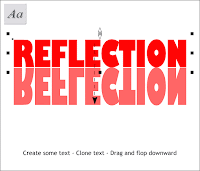Reflections on a Writing Year...

I read this morning that globally, 2011 was as stinky as a teenager’s bedroom, so maybe it’s just as well we are about to put a lid on it. It must be said though, it wasn’t all bad; it’s never is completely one way. From the perspective of this little blog, it was quite a good year. I want to spend a little writing time reflecting on the fortunes of Living Life Twice… I am pleased that this humble attempt to support my fellow teachers of writing has been so well received since its inception in 2008. The readership has grown steadily- this makes my heart sing. I want to sincerely thank those of you who drop by regularly and take the time to leave a response. Your time investment is most appreciated. The feedback informs me, guides me and sustains me. Particular thanks to Linda at teacherdance, Deb Day, and Elsie who regularly drop by. Thank you also to those of you who have tweeted and emailed across the year. Thank you to guest bloggers Elaine Hirsch and Lindsey Wright for...









